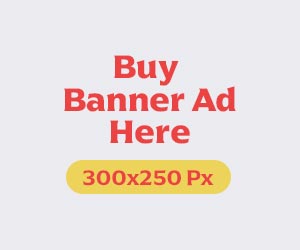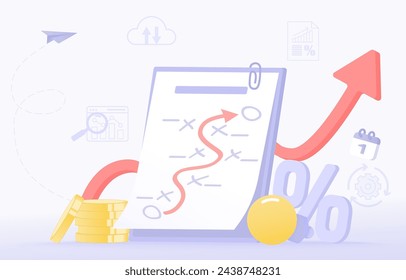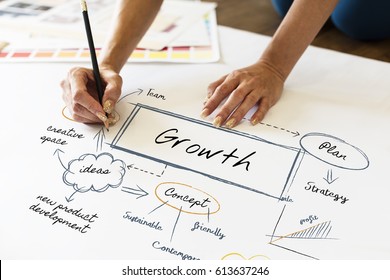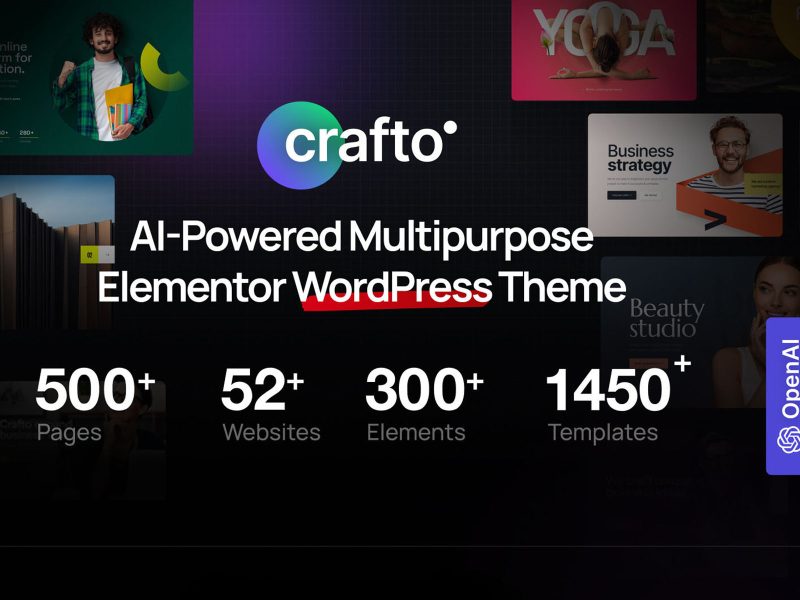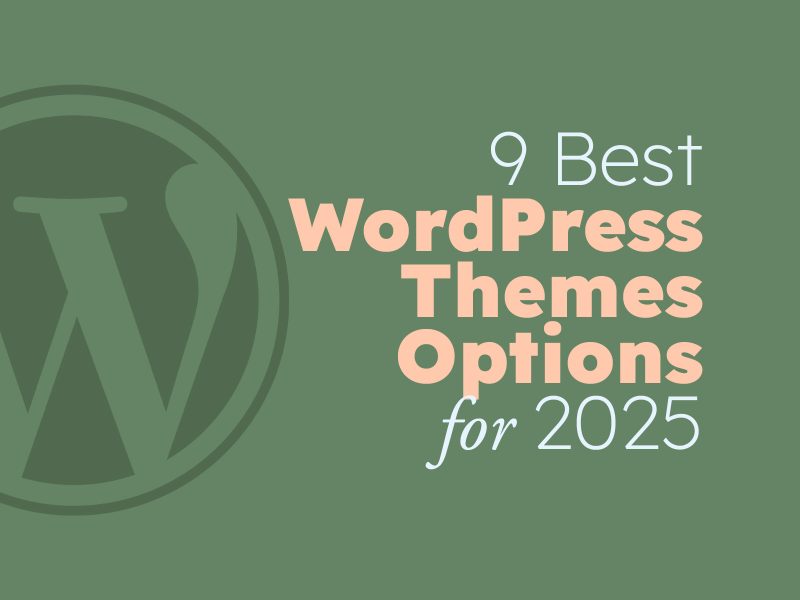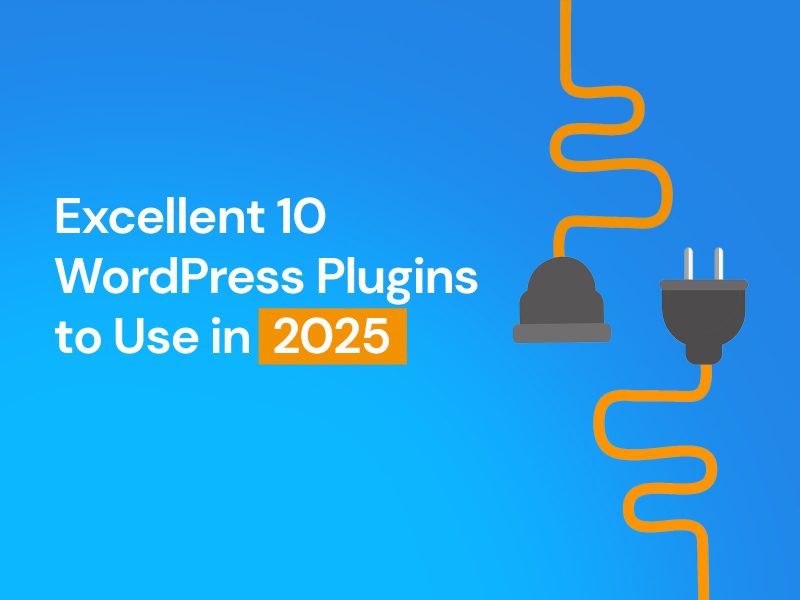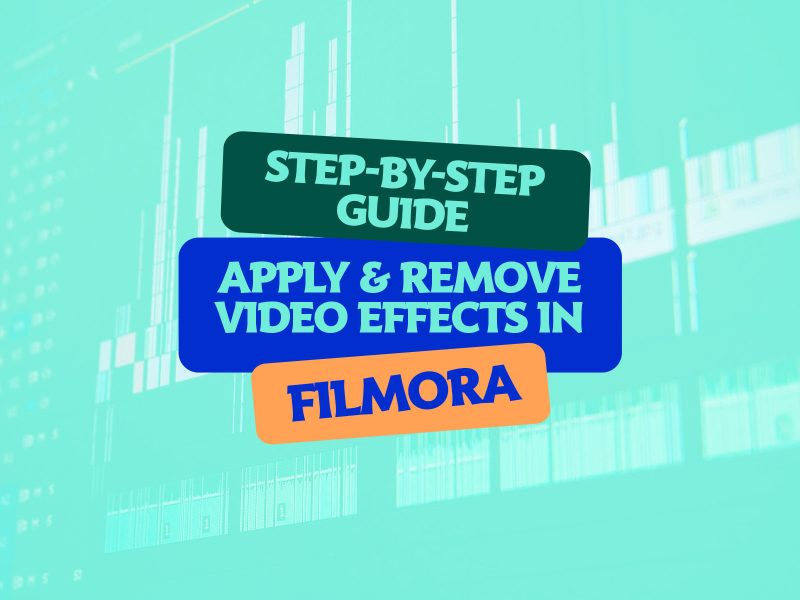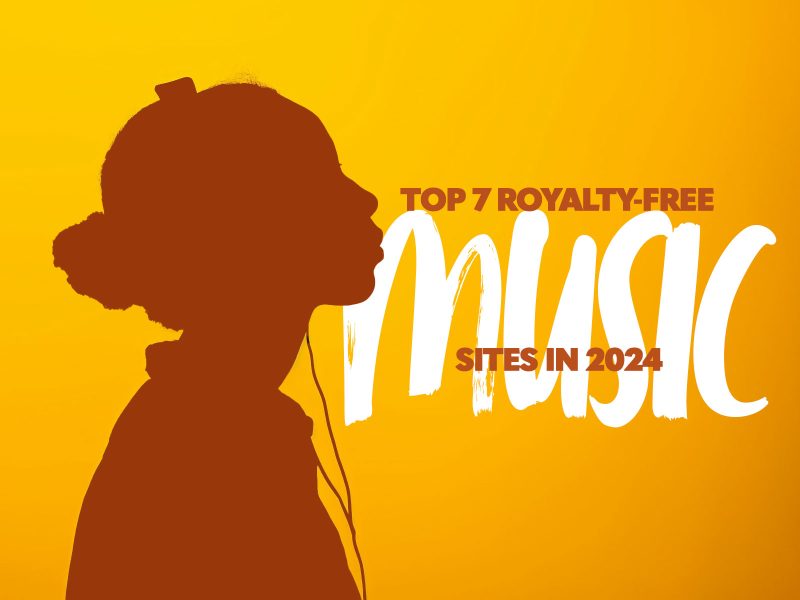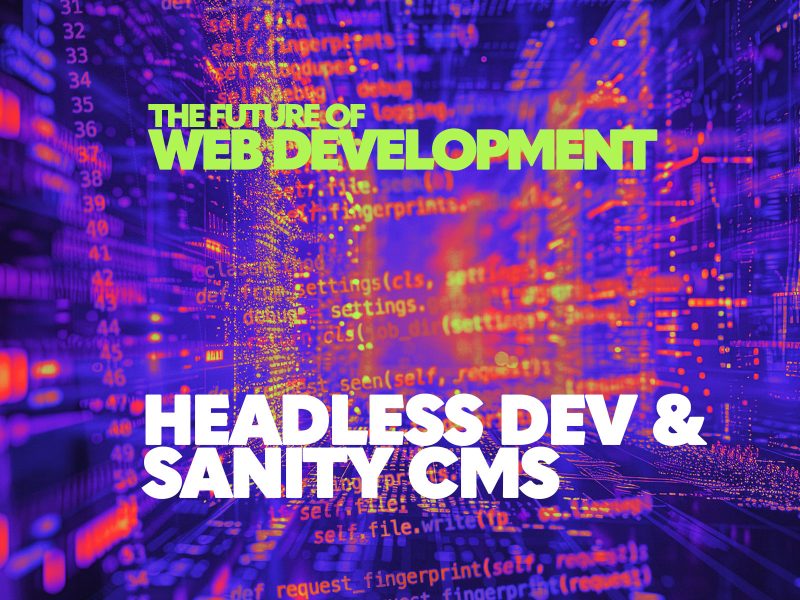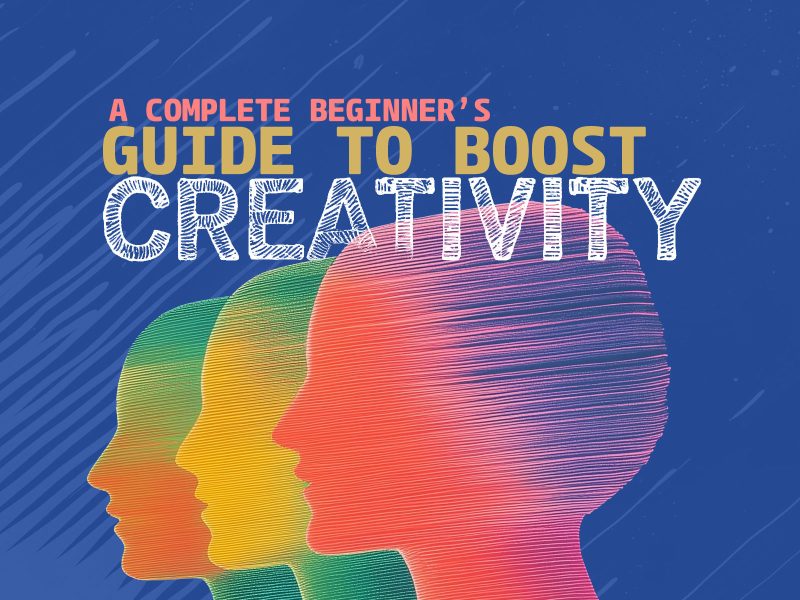In an increasingly visual and digital world, professional graphic design has become more than just aesthetics—it’s a powerful business asset. Companies of all sizes are realizing that thoughtful, strategic design plays a crucial role in attracting customers, building trust, enhancing user experience, and ultimately driving growth.
In this post, we’ll explore how professional graphic design supports business success, outline actionable strategies, and provide helpful resources to get you started. We’ll also take a close look at how custom graphic design services can provide a competitive edge in today’s saturated markets.
Why Graphic Design Matters for Business
Graphic design is often the first impression your business makes. From logos and websites to social media graphics and packaging, design visually communicates your brand’s identity, values, and message.
Here are several reasons why design matters for business growth:
Brand Recognition & Consistency
A cohesive visual identity ensures that your business is easily recognizable. A well-designed logo, color scheme, and typography form a consistent brand image that customers remember and trust.
Professionalism & Credibility
High-quality design builds credibility. If your visuals look polished and coherent, people are more likely to take your business seriously and view it as reliable and trustworthy.
Increased Engagement
Visually appealing content draws attention. Whether it’s an Instagram post, an email newsletter, or a website landing page, good design improves engagement rates and conversion.
Improved User Experience (UX)
For digital platforms, design is closely tied to UX. Clean, intuitive interfaces and attractive layouts make it easier for customers to find what they’re looking for—and take the desired action.
Competitive Differentiation
In a crowded market, design helps you stand out. Unique and strategic design gives your brand a voice that sets you apart from competitors.
Strategies to Leverage Graphic Design for Growth
Integrating graphic design into your business strategy doesn’t require a massive budget—just intention and consistency. Here are proven ways to use design to foster business growth:
1. Develop a Strong Visual Identity
Your brand’s visual identity is the foundation of all design efforts. It includes your logo, color palette, typography, imagery style, and overall aesthetic. A strong visual identity ensures all brand touchpoints are aligned.
Tip: Create a brand style guide to maintain consistency across digital and print assets. This ensures that anyone creating visuals for your brand follows the same rules.
2. Design a High-Converting Website
Your website is often the first place potential customers interact with your brand. It must be visually appealing, easy to navigate, and optimized for both desktop and mobile.
- Use clear calls-to-action (CTAs)
- Optimize page load speed
- Ensure branding is consistent across all pages
- Focus on readability and accessibility
3. Use Data-Driven Design for Marketing
Effective marketing campaigns often rely on A/B testing visuals and layouts. Graphic design should support clear messaging while guiding the user toward an action—clicking, purchasing, subscribing, or sharing.
Key Design Assets for Marketing:
- Landing pages
- Email campaigns
- Social media graphics
- Infographics
- Ad creatives
4. Invest in Packaging and Product Design
If you sell physical products, your packaging design can significantly impact buying decisions. Eye-catching, well-branded packaging increases shelf appeal and enhances perceived value.
5. Create Shareable Visual Content
Content marketing is more powerful with visual support. Incorporating design into blog posts, whitepapers, and reports can improve readability and make your content more shareable.
Examples of visual content that drives engagement:
- Custom illustrations
- Graphs and charts
- Branded templates
- Interactive media (e.g., infographics or mini-web tools)
The Power of Custom Graphic Design for Business Growth
While pre-made templates and stock graphics can be convenient for early-stage businesses, custom graphic design delivers tailored visual solutions that directly reflect your brand personality and goals.
What Is Custom Graphic Design?
Custom graphic design refers to creating original visual assets that are uniquely designed for your business needs. This includes logos, websites, marketing materials, product packaging, and more—crafted from scratch to fit your brand strategy.
Benefits of Custom Design
1. Unique Brand Identity
Custom design sets you apart from the competition. Instead of relying on generic templates, custom visuals tell a story unique to your business.
2. Tailored to Target Audience
A professional designer will create assets with your specific audience in mind, making the design more effective in capturing attention and driving conversions.
3. Scalability and Flexibility
Custom design can evolve with your business. Whether you’re launching a new product line or expanding to a new market, a custom design system ensures scalability.
4. Better ROI in the Long Run
While custom design may come with a higher upfront cost, it offers better return on investment over time by improving brand recall, customer loyalty, and sales conversions.
Where to Use Custom Design
- Logo & Visual Identity: Reflect your brand’s core values and market positioning.
- Website & App Interfaces: Create immersive, conversion-optimized experiences.
- Marketing Campaigns: Build emotional connections through storytelling visuals.
- Pitch Decks & Proposals: Impress stakeholders with sleek, professional documents.
- E-commerce Product Pages: Enhance trust with product-specific visual assets.
Resources to Help You Leverage Graphic Design
Whether you’re DIYing your design or hiring a professional, these resources can help guide your efforts.
Design Tools for Business Owners
- Canva: Great for non-designers to create branded visuals.
- Adobe Creative Cloud: Industry-standard tools like Photoshop, Illustrator, and InDesign for advanced design work.
- Figma: Popular for UI/UX design and collaborative design workflows.
- Loomly / Buffer: Tools to manage and schedule your visual content on social media.
Hiring Professional Designers
- Freelance Platforms: Use Upwork, Fiverr, or Toptal to find freelance designers with specific expertise.
- Design Agencies: Ideal for large-scale branding or rebranding projects.
- In-House Designer: For companies with ongoing design needs and the budget to support it.
Online Learning Resources
- LinkedIn Learning / Skillshare / Udemy: Courses on graphic design fundamentals, branding, and marketing design.
- YouTube Channels: Channels like The Futur, Adobe Creative Cloud, and Satori Graphics offer great free content.
Branding Templates & Guides
- Creative Market / Envato Elements: High-quality design templates for presentations, social media, packaging, and more.
- HubSpot’s Brand Kit Generator: A helpful tool for small businesses to create simple brand style guides.
Real-World Examples: Graphic Design Driving Business Success
- Airbnb
Airbnb underwent a major rebrand in 2014, introducing a custom-designed logo, font, and UI. The fresh design reflected its mission of belonging and helped it scale globally. - Mailchimp
Known for its playful yet professional design language, Mailchimp’s use of illustration and bold typography has differentiated its brand in a competitive SaaS market. - Warby Parker
Warby Parker invested heavily in product and packaging design, making the unboxing experience memorable. It transformed prescription glasses into a lifestyle product through smart, elegant design.
Final Thoughts
Professional graphic design is not just decoration—it’s a driver of business growth. From building brand awareness to increasing conversions, design plays a role at every stage of the customer journey. Businesses that invest in high-quality, strategic, and custom graphic design are positioning themselves for long-term success.
Whether you’re a startup building your brand or an established business aiming to stand out, integrating professional graphic design into your strategy is not just an option—it’s a necessity.
Ready to elevate your brand with strategic design? Start by assessing your current visual identity and identify areas for improvement. Then decide whether to DIY, outsource, or hire in-house. Whichever path you take, remember: good design is good business.


